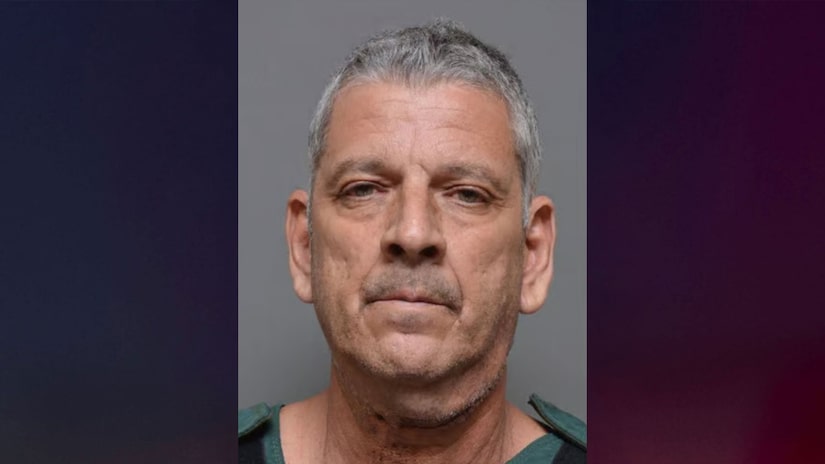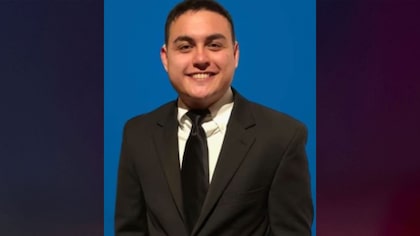Elijah McClain case: Officers involved assigned to non-enforcement duties
06/26/2020 3:43 pm PDT
via KDVR:
AURORA, Colo. (KDVR) -- Three officers who were involved in the altercation with Elijah McClain have been placed on “non-enforcement” duties at the Aurora Police Department.
Nathan Woodyard, Jason Rosenblatt, and Randy Roedema are each serving duties that do not require direct, face-to-face interaction with the general public. They are not in positions in which they will take law enforcement actions.
Woodyard and Rosenblatt were moved to “non-enforcement” duties on June 13, 2020, and Roedema was moved to the new assignment on June 20, 2020. A spokesperson for Aurora Police indicated one reason for the move is for the officers' safety.
Elijah McClain was wearing a mask on the night of August 24, 2019, when someone called 911 to report that he seemed suspicious.
The Denver Post reports McClain routinely wore masks when he was outside because he had anemia — a blood condition — and became cold easily, according to his family.
Police body-cam footage showed an officer got close to McClain and touched him. McClain said “I am going home. ... Leave me alone,” and “Let me go. No, let me go. I am an introvert. Please respect my boundaries that I am speaking.”
After a struggle, McClain was handcuffed and officers requested medical assistance. Aurora Fire Rescue later injected him with ketamine in an attempt to sedate him, police said. He suffered cardiac arrest during the ambulance ride to a nearby hospital. The following Friday McClain was declared “brain dead.” He died later that day.
It took more than two months for the coroner's office to publicly announce that it could not determine a cause and manner of death with certainty. The police officers used a carotid hold on McClain, and that could not be ruled out as a contributing factor. KDVR obtained documents showing at least one paramedic on the scene felt McClain received too much ketamine.
MORE:











